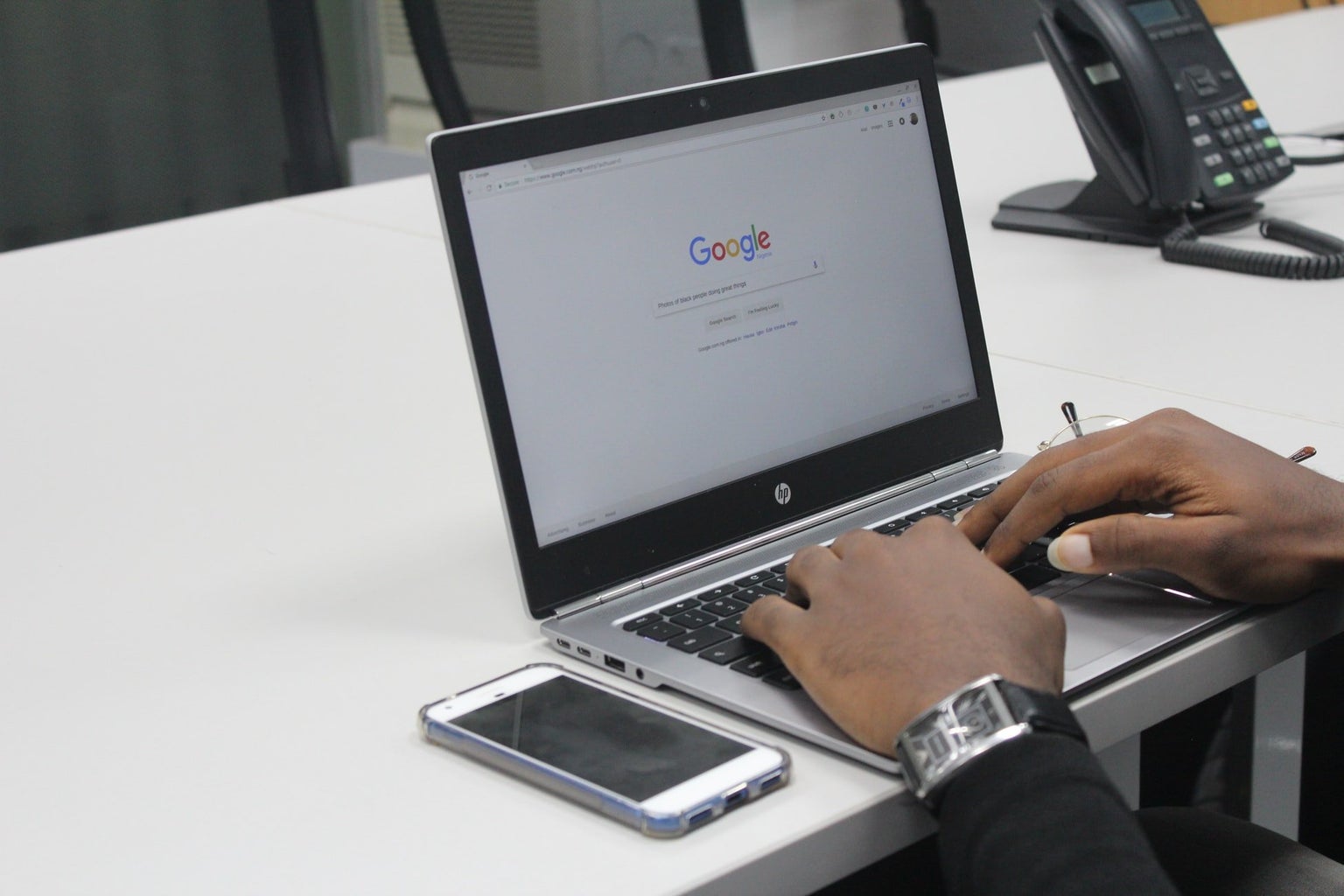The internet is the Wild West—the ever-changing, ever-growing, ever-adapting Wild West. Because the internet has a unique ability for anyone and everyone to post things online, there is a huge jumble of “facts.” So much so that you can find any “fact” online, making the internet very confusing for people who don’t know how to navigate it. Here are some reasons you’ll always be right online.
Say you’re in an argument with a parent about tattoos. Now, you want to get a tattoo but your parent says that tattoos are too dangerous for your skin. You tell your parent to look up online whether their claim is true or not. Your parent searches: “why tattoos are bad for your skin over time,” and you search, “how tattoos are good.” You both get very different results. Both sets of results affirm your original beliefs. You both searched similar things, but got completely different answers—but why?
This is a phenomenon called confirmation bias. Confirmation bias happens when you find information in resources that only affirms your original belief. Confirmation bias can occur in situations as small as the one in our tattoo example, or on a larger scale like during a research assignment. Being biased in your research can be detrimental to the goal you’re trying to achieve. It’s essential that you see the bias you put into your questioning online and know that there is much more nuance when looking things up online.
Aside from you looking things up online and finding out you’ll always be right, there are other internet phenomena that can make people believe that they are right. Online, we can connect with many different groups of people. There are many small communities in the expanding scope of the World Wide Web. Groupthink is an occurrence that happens when we’re in a group of people and the goal of harmony and community overrides critical thinking skills. The group can end up coming to radical and irrational decisions; this can be very dangerous when mixed with confirmation bias because the group is passing back and forth false information that is doctored by other people online. This can lead to groups doing irrational things because their ideas escalate and members may be too scared to go against group norms. Because of groupthink, online communities can become dangerous and make you believe that you’re always right. These kinds of communities are another reason you’ll always be right online.
The Netflix documentary, The Social Dilemma was released in 2020 (we highly recommend it to anyone who has never seen it before). In the film, we see lots of different modern dilemmas that social media has caused us to face every day. One of which is the fact that your attention is social media’s currency. These social media companies need you to stay on their apps for them to make money, so they’ll do anything to keep you on their apps, including throwing out fake news and “alternative facts” into your timeline so you’ll click and read, whether this information is true or not. These “alternative facts” are pumped out to get a reaction out of you. If you agree, you’ll click through more; if you disagree, you’ll get angry and comment, giving the social media company the engagement they need. These social media companies don’t have your best interest at heart.
Now that we’ve thrown bad news at you, what now? Well, social media is almost a necessity nowadays. We’re not saying that you need to get off social media and carefully calculate your every move online—it’s just a matter of being conscious. Searching up questions that are as unbiased as possible, instead of searching, “why tattoos are bad,” search, “pros and cons of tattoos.” When you see the newest crazy gossip online, just know that most things are designed for clicks, so turn your attention elsewhere. Staying conscious and staying aware of the motivations of social media companies and the internet as a whole is an easy way to stay safe online. And remember, you can be wrong and that’s alright!



